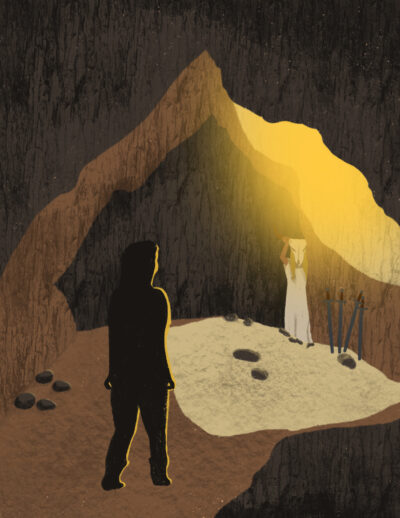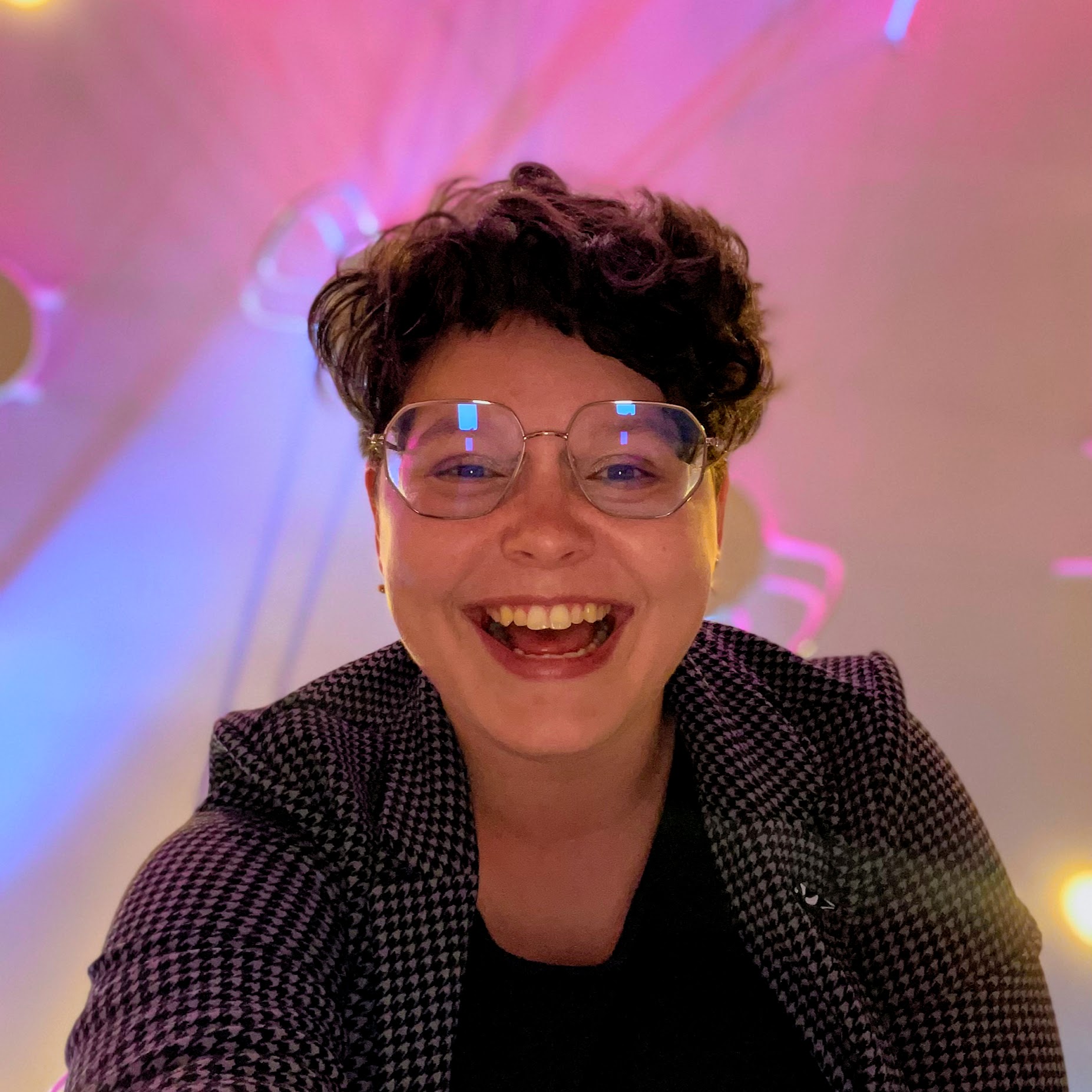What Is Joining Sword & Pen?
When the Joining Sword & Pen competition opens, the Babes publish an image which becomes part of the submitted scripts.
These blind submissions are full length plays which are read by and voted on by the ensemble.
The winner will participate in the development process in Fighting Words and then go to full production by the Babes. The winning script’s playwright will also receive the Margaret W. Martin Award ($1000) sponsored by Babes’ longtime benefactor, David Woolley.
Submissions accepted only during the competition window. Joining Sword & Pen 2023-2024 launching August 19, 2023 and closing April 16, 2024.

Take a look at the full list of plays that came from Joining Sword & Pen.
If you are a playwright and want to know more about Joining Sword & Pen, email swordandpen@babeswithblades.org.
Info on the most recent 2023-2024 Joining Sword & Pen Competition:
The winner: “CALVARIA”, by Maggie Smith
Synopsis of Calvaria
When her family’s bull is found decapitated in the middle of a farm field, Edie Hruska makes it her mission to find the culprit. While on her search, she comes across a group of young girls claiming to communicate with gods, begging Edie to become their newest acolyte. While acclimating to their lifestyle, Edie finds herself face-to-face with the girls’ true intentions, and they are much more sinister than just a dead bull.

About the playwright
Maggie Smith (she/her) is a playwright, performer, and comedian based in Chicago, Illinois. Originally from Omaha, Nebraska, Maggie moved to Chicago to attend Loyola University Chicago, where she received a BA in Theatre, while minoring in English and Shakespeare Studies. At Loyola, Maggie led two projects, Rats and Saint Louise, Pray for Us, the first being a devised parody musical and the second a staged reading of her two-act play. Upon graduating Loyola, she was accepted into the Second City’s Conservatory Training Program, where she completed her training in September, 2023. As a writer, Maggie challenges herself and her audiences to process difficult topics through comedic lenses. She takes from her own life experiences to create a casual representation of the queer experience. In order to depict an experience that she is familiar with, she prefers to write characters in stories where their identities are not the driving force of the piece. Because of this, she finds herself called to place queer characters at the forefront of comedies. After all, that’s what her life is.
